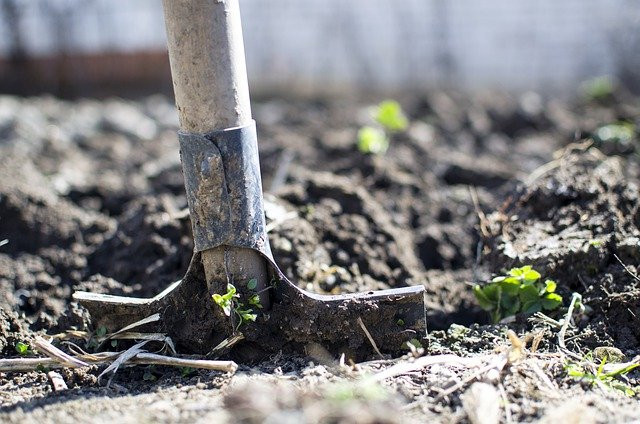
Why Your Commercial or Industrial Fence Probably Needs a Geotechnical Investigation
If you’re planning a fairly large commercial or industrial fence installation, you probably need a geotechnical investigation.
Let’s take a closer look at what a geotechnical investigation is, how it relates to fences, and why it could save you a lot of money.
What Is a Geotechnical Investigation?
A geotechnical investigation of a fence line is a process where a specialist company drills a series of cores and removes the contents of those cores for analysis.
During that analysis, the position of the hole is noted, and then the composition of the soil layers is analyzed and recorded. The number of cores taken will vary from site to site, but there are usually several done for every area of a construction site.
Geotechnical testing also usually indicates if there is a high water table or any other potential subterranean challenges, all of which can affect the design and installation of the fence.
The deeper your fence posts will be installed, the more chance there is that you will run into soil-related problems on the project. So, your specification could also be a guide to whether you need this kind of testing or not.
Do You Need a Geotechnical Investigation for Your Fence?
If you’re installing a residential fence, or you’re installing fencing on a site that has been filled, graded, and compacted during construction, you probably don’t need a geotechnical investigation.
However, if you are planning to install a fence on a large commercial or industrial site that is remote or has not been built on yet, there’s no way of knowing what’s under the ground. In those cases, and for any other construction being done on your fence, you will need geotechnical testing results.
Contractors Exclude Unknown Adverse Subterranean Conditions
Even if you have created a detailed specification and scope of work for your fence project, contractors who are quoting on the work have no way of knowing what is below the ground, so they can’t and won’t make any allowance for difficult digging.
There are several things that could be considered difficult digging, including:
- Very sandy soil that collapses back into holes during digging
- Very high-water tables that fill holes with groundwater
- Very hard ground or rock digging
The remedies for these conditions vary too. Some might require shoring or formwork. Others might mean your fence has to be installed with screw piles. Others might require core drilling into rock.
All of these extra costs are not accounted for in the typical fence quote, so if your contractor encounters them and they were not warned by being provided with a geotechnical investigation, they will all be change orders that will impact the project price.
Getting Rates for Difficult Excavations
If you are not going to have a geotechnical investigation done, but you want to have an idea of what you would be facing if contractors do run into trouble while excavating for fence installation, you could request unit rates for various issues related to difficult excavations.
These might include an additional rate for digging in hard soil, a rate for formwork per footing, or a per-hour rate for pumps to keep holes dry.
This will give you some idea of what the cost per unit for this kind of challenge on your fence project will be, but since you don’t know the quantity until the job is underway, it can’t be fully quantified until the work is done.
More Information Is Always Better
When it comes to getting quotes from fence contractors, giving them all the information they need to account for any possible challenges on the site is the best way to prevent big, costly changes down the road.
Be sure to read any terms and qualifications on bids and quotes carefully too. If one price is considerably lower than the others, there’s a good chance expensive things like difficult digging conditions have been excluded and might come back to haunt you later!


